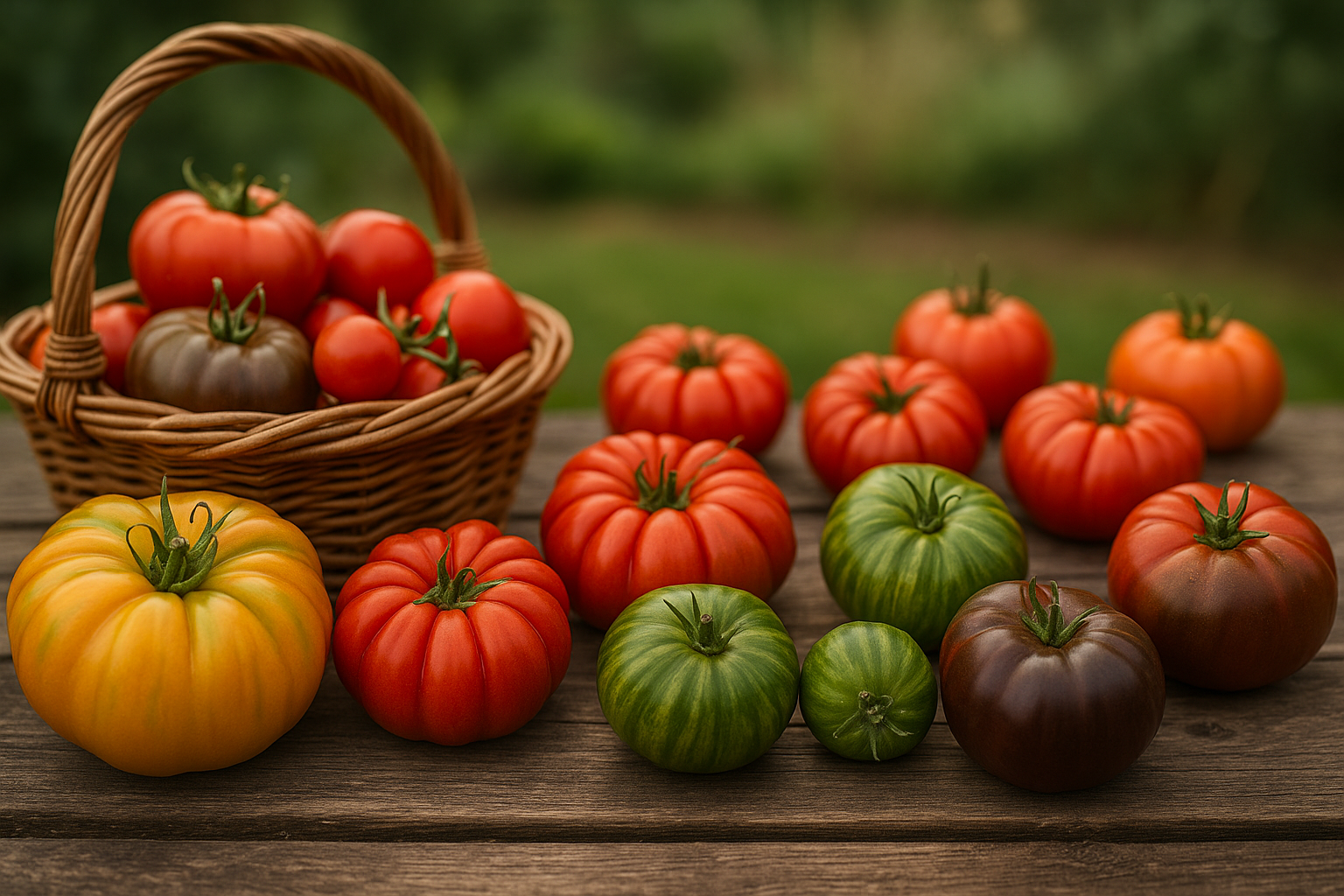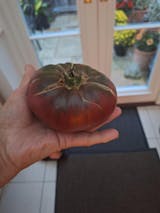Two packets, two worlds
At first glance, a packet of organic seeds and a packet of conventional seeds look alike. Same shape, same promise of harvest. Yet, the reality is quite different. One is alive, natural, reproducible. The other is often standardized, treated, sometimes sterile.
In this article, we explain what these two types of seeds really contain — and why it changes everything for your vegetable garden.
1. Conventional seeds: standardization and invisible treatments
Seeds calibrated for industry
Conventional seeds often come from intensive farming. Selected for their yield and uniformity, they are designed for mechanized farms, not for the diversity of a vegetable garden.
Systematic chemical treatments
What you don’t see on the label:
- Fungicides: to prevent mold during storage.
- Insecticides: to keep pests away from germination.
- Chemical dyes: to indicate that they are “treated”.
These treatments can remain active in the soil, affect the microfauna, and even be absorbed by the plant.
Often F1 hybrid seeds
The majority of conventional seeds are F1 hybrids: non-reproducible, unstable in the second generation, dependent on a supply chain. Result: the gardener must buy seeds every year.
2. Organic seeds: a living, natural seed, without cheating
No chemicals or post-harvest treatments
A certified organic seed undergoes no fungicide, insecticide, or dye treatment. It is simply harvested, cleaned, sorted… and packaged. It thus respects the soil, the insects, and your health.
Stable varieties, adapted to ecological cultivation
Organic seeds are often:
- Reproducible, so they can be sown year after year.
- Heirloom or traditional, more rustic.
- Adapted to small spaces, natural gardens, crop rotations, and mulching.
👉 See our complete selection of reproducible organic seeds
3. Impacts on soil, health, and biodiversity
Choosing an organic seed means:
- Avoiding chemical pollutants in the soil and around the roots.
- Protecting pollinators, which are sensitive to systemic residues.
- Preserving genetic diversity, escaping agro-industrial standards.
4. The price: a false argument against organic seeds
Admittedly, organic seeds can be a bit more expensive to buy. But they:
- Are re-sowable, thus sustainable.
- Save you from buying fertilizers and treatments.
- Support healthier and more resilient agriculture.
👉 And above all, they are often sold locally, supporting small independent producers.
Conclusion
A seed is much more than a future vegetable. It is a choice of cultivation, society, and planet. By choosing organic, natural, and reproducible seeds, you sow much more than vegetables: you sow autonomy, biodiversity, trust.
🌱 Explore our organic seeds for a garden without compromise, respectful of life.





Leave a comment
This site is protected by hCaptcha and the hCaptcha Privacy Policy and Terms of Service apply.